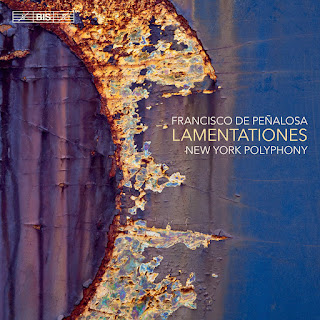Search This Blog
Early music and more by Edward Breen
Where possible, review entries are linked to their original publication.
Posts
Showing posts from November, 2019
Air Music: Tales of Flying Creatures and Heavenly Breezes
- Get link
- X
- Other Apps


